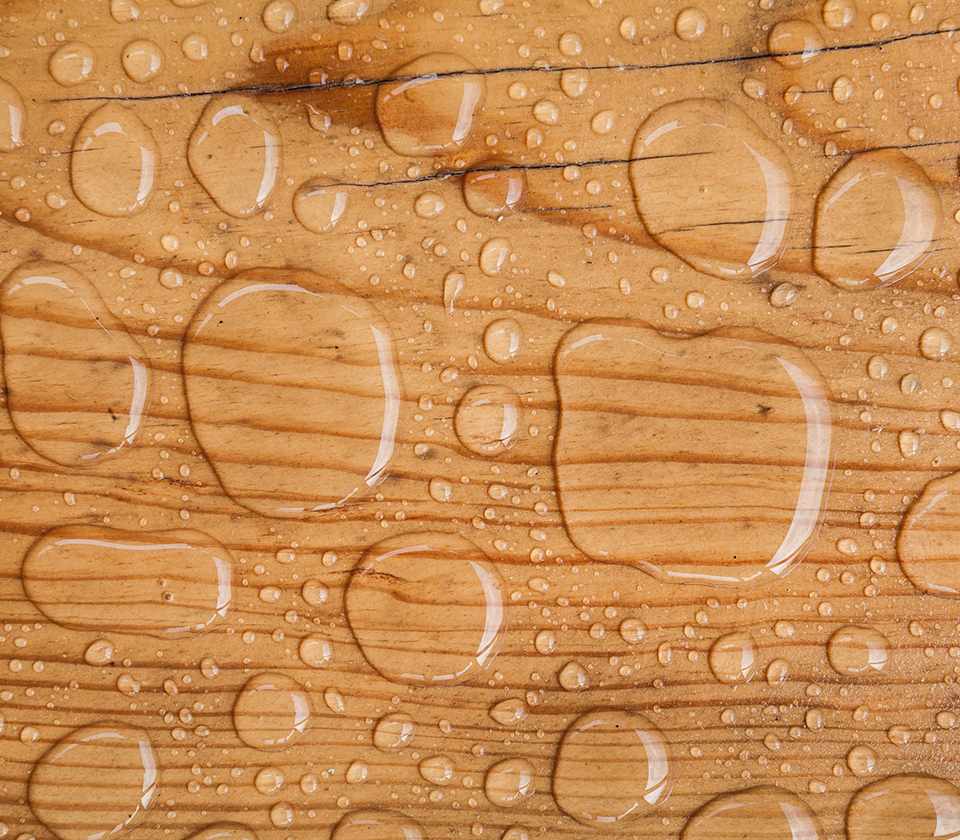What Floors are Waterproof?
At Floors Touch, we understand that our customers often seek information about waterproof flooring, contemplating its installation in key areas such as basements, bathrooms, or kitchens. Recognizing that regular flooding of any floor is undesirable, we emphasize the importance of choosing flooring materials that excel in resisting water damage. Our team is well-versed in guiding customers towards options that not only meet their aesthetic preferences but also provide practical solutions to mitigate the potential impact of water exposure in these specific areas of the home. We prioritize educating our customers about the features and benefits of various waterproof flooring options, ensuring they make informed decisions to enhance the longevity and durability of their floors, even in moisture-prone environments.
Glazed Porcelain Tile
Glazed porcelain tile is probably the gold standard when it comes to waterproof flooring. It is made from clay that has a good amount of minerals called feldspar and kaolin and fired at temperatures as high as 2600 degrees Fahrenheit. This vitrifies the clay, or makes it like glass. Adding a glaze to porcelain makes it even tougher and more water resistant. Porcelain and ceramic tiles can look like themselves, which is lovely, but now they can be made to look like wood or natural stone.
Glazed Ceramics
Glazed ceramic tile is also treated with glaze to make it tougher and water-resistant. The difference is ceramic is softer and less durable than porcelain, is not as pure and does not contain as much kaolin or feldspar. It’s less dense than porcelain and if left unglazed would absorb more water. Ceramics are fired at lower temperatures and are not fired for as long as porcelain. Both porcelain and ceramics are beautiful and come in many colors and patterns, but what attracts our customers to ceramic flooring is its price. Ceramics tend to be less pricey than porcelain.
Vinyl Waterproof Flooring
Vinyl is famous for being water-resistant to the point of being waterproof. It is a type of resilient flooring and comes as both easy to install tiles and sheets, which are better left to the pros to install. It is not only waterproof but extremely tough, strong, smooth and feels good to walk on. Vinyl flooring is made of a wear layer, which protects a layer of printed vinyl, then a waterproof core, then an underlayment. Besides the core, vinyl itself has no pores to soak up moisture. It is just the material for rooms that get heavy traffic, such as the kitchen or the bathroom and comes in beautiful designs and textures.
Now it can even simulate more expensive materials such as stone and wood. Indeed, a newer type of vinyl flooring is WPC, which stands for either Wood Plastic Composite or Waterproof Core or both. Experts claim this type of vinyl flooring is truly waterproof and can even be installed in a damp basement. Moreover, its ability to mimic even exotic woods is astonishing.
Laminate
People still buy rubber flooring for their homes. Laminate comes in many colors, absorbs sounds, is wonderfully slip-proof and feels even better beneath the feet than vinyl. Like vinyl, rubber comes in tiles and sheets. It is great flooring material not just in the kitchen or bath but in the home gym. Rubber costs about as much as high-end vinyl flooring and is best installed by one of our professionals.
For more information about waterproof flooring, give us a call at Floors Touch. Call (214) 326-0100. You can also visit our social media for more details.
Do you want to know more about our home flooring solutions? Call Floors Touch of McKinney at (214) 326-0100 for more information.
